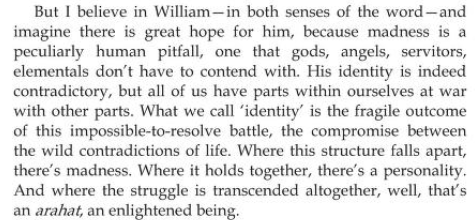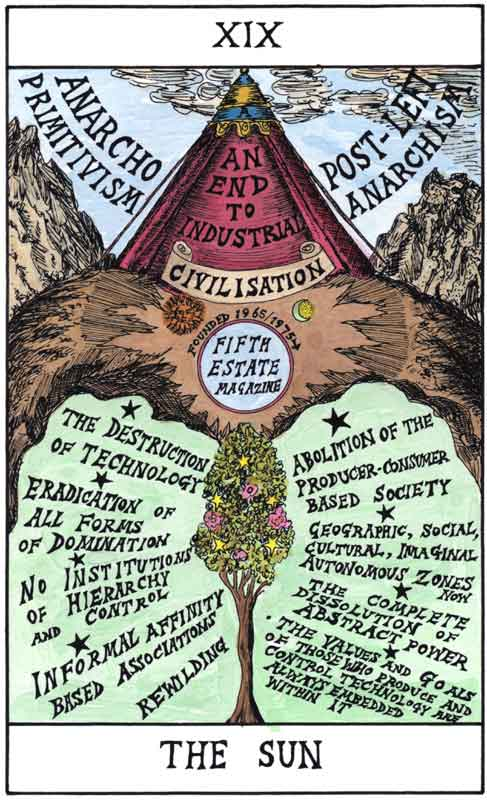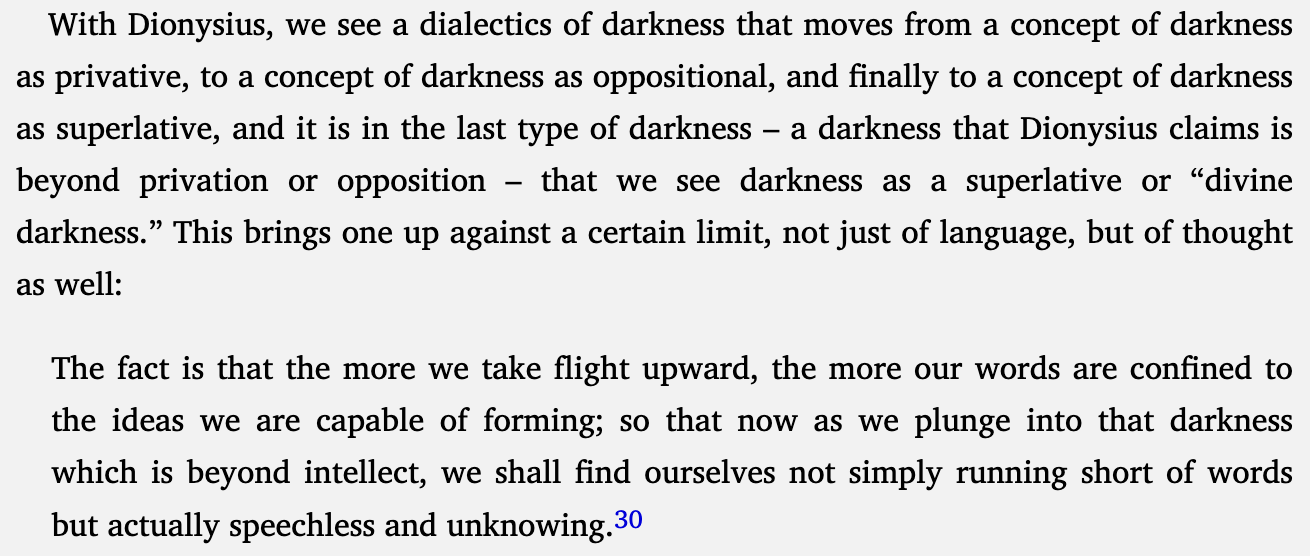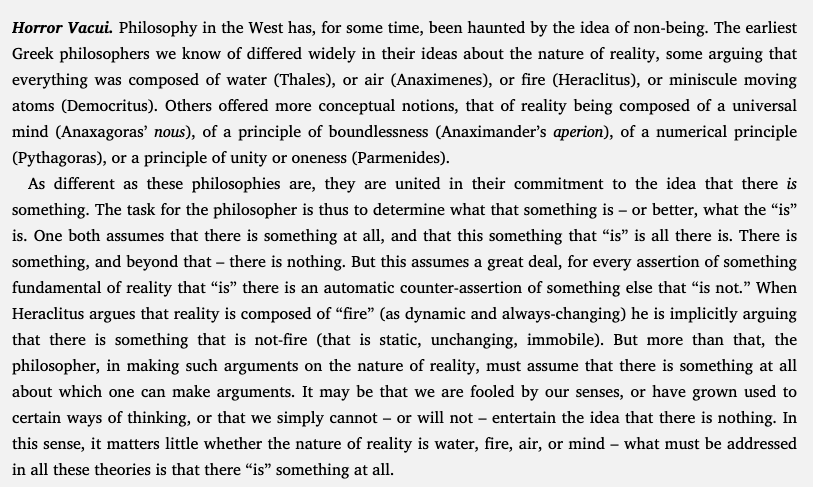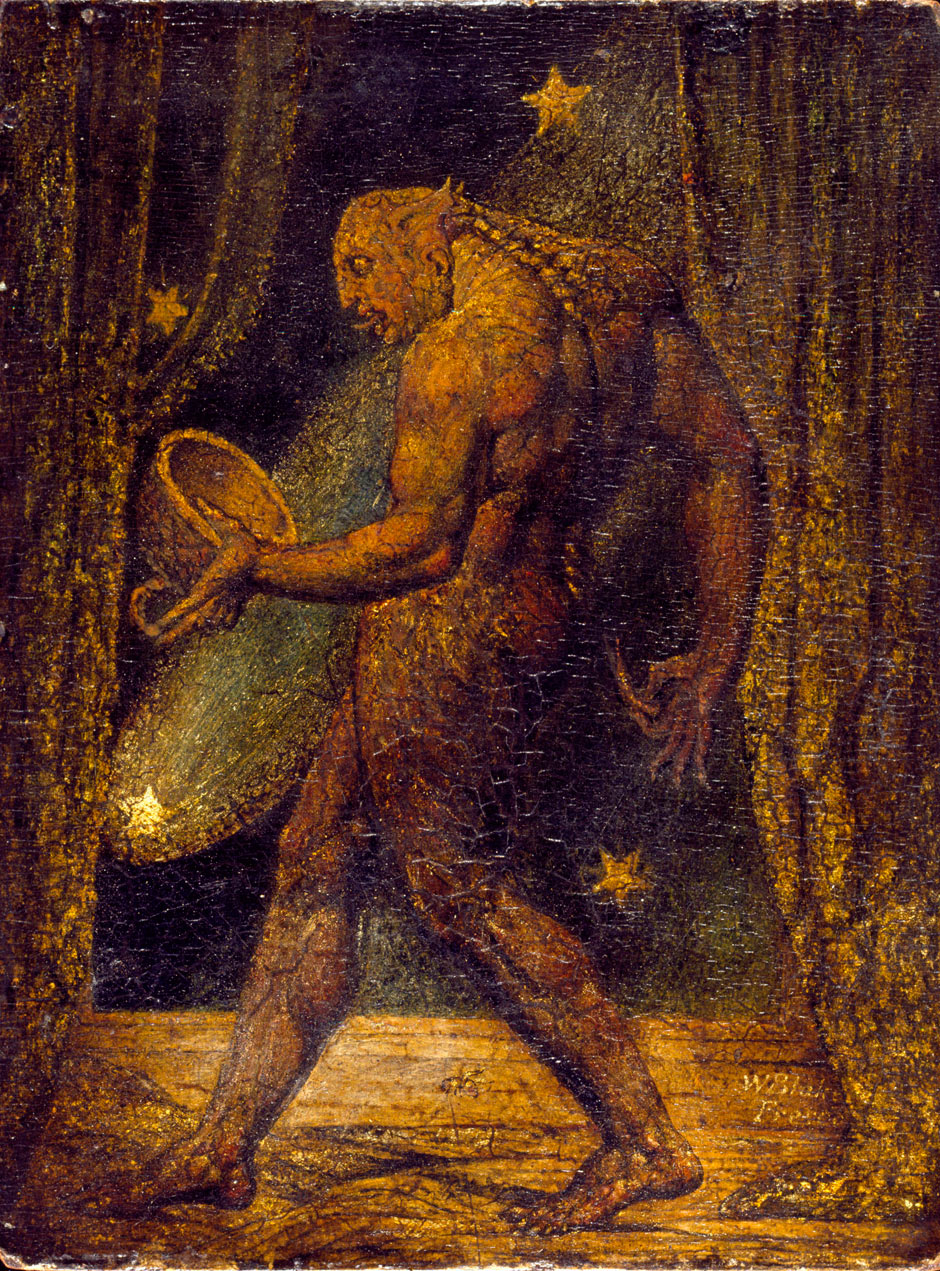Weird Studies
30 Oct 2021 - 19 May 2025
- My current fave podcast, covering art and philosophy from the angle of a somewhat-imaginary academic subfield. The weird is that which cannot be characterized, so there is a certain enjoyable level of irony going on here about the project.
- The episodes are always thought-provoking, and the hosts have tastes which at least overlap strongly with mine. They tend to be too art/occulty/woo-woo, and I have issues with that, but I have decided to suppress my scientimism gag reflexes.
- This site started out by having a collection of linked notes in response to rationalism LWMap/A Map That Reflects the Territory, and these guys are like the polar opposite, they are quite militantly anti-rationalism, that's kind of their thing. Not to oppose reason as such, but certainly its deployment as civilizational ideology See Technic and Magic for an elaborately developed theory of evil rationalism (technic) vs its salvific opposite magic., its role in capitalism and the dehumanizing effects of science and modernity. My relationship to both groups is weirdly similar: kind of attracted but also repulsed by certain elements, and writing a bunch of web pages to try to work out where I actually stand.
- Their episodes are so rich I'm going to try to give each one its own page (see the sidebar). I haven't even listened to that much of their back catalog, but every one I have listened to has provoked interesting thoughts. Making a page-per-episode is a bit of an experiment and some might be kind of skimpy.
